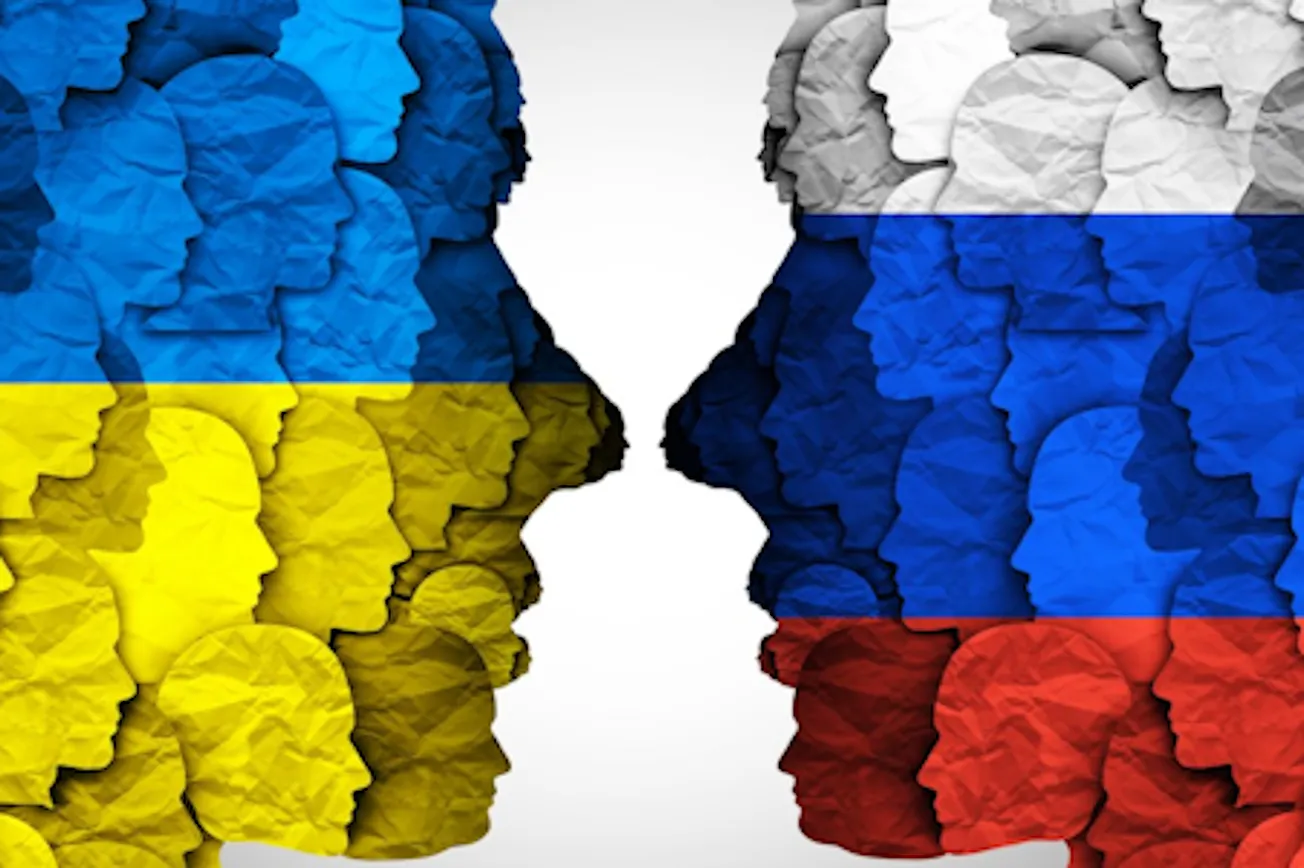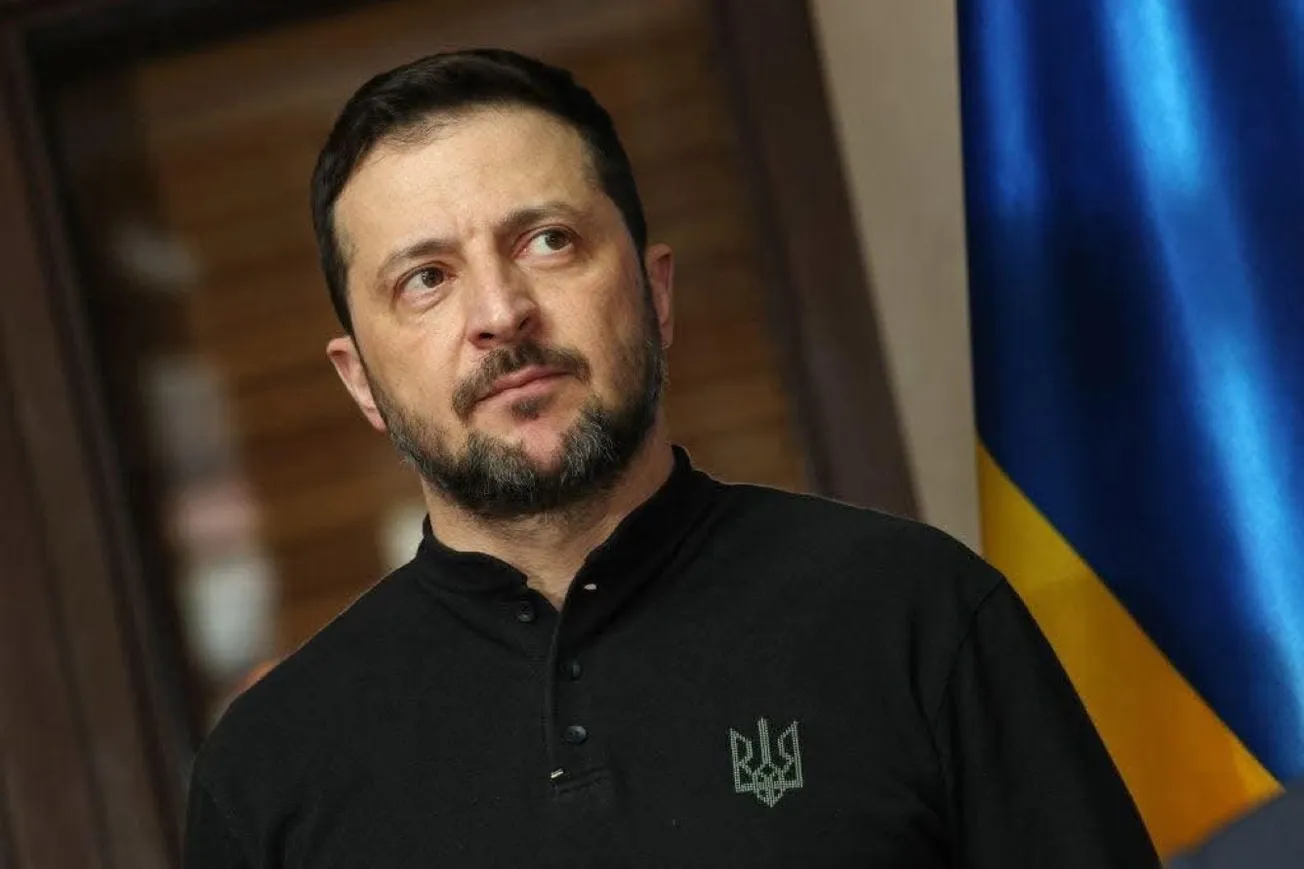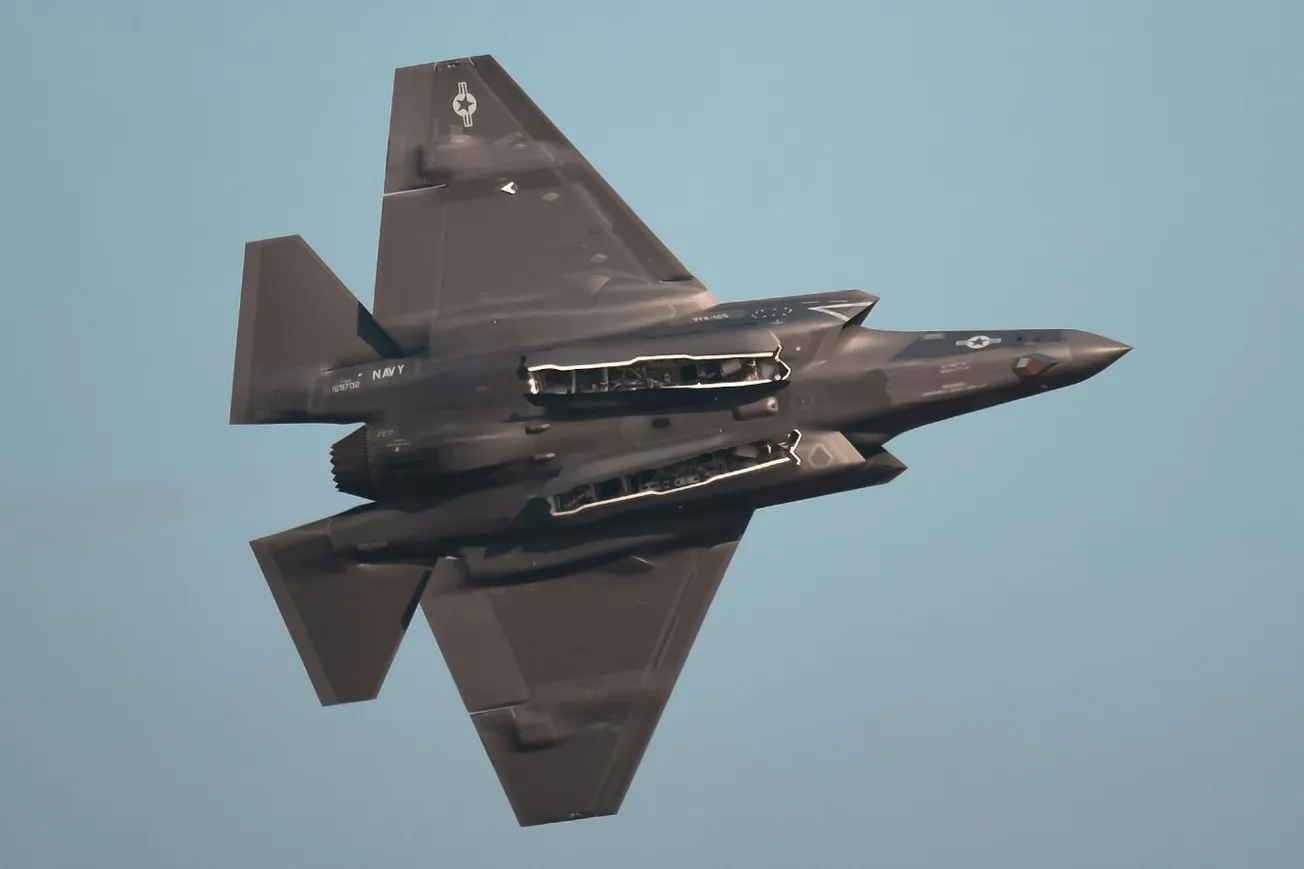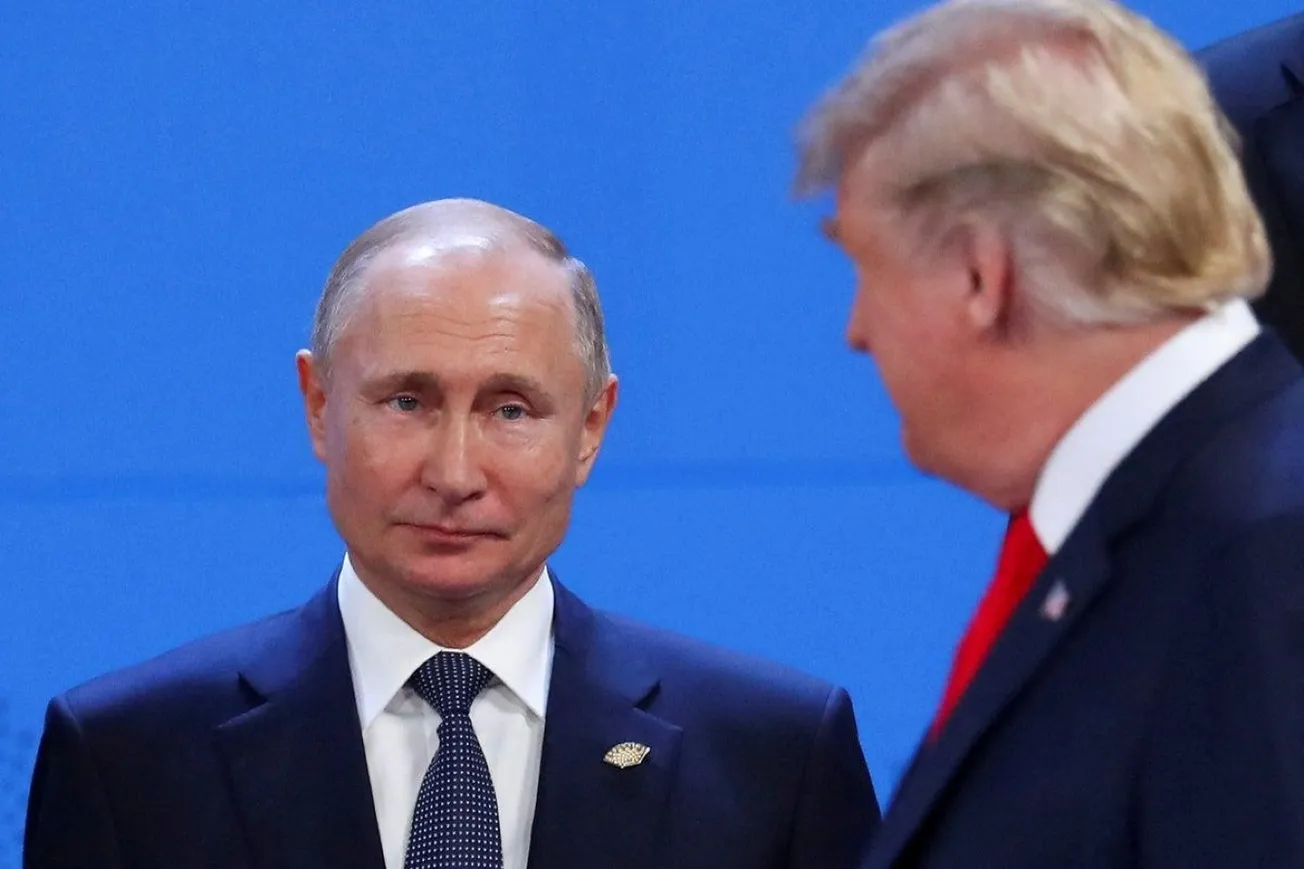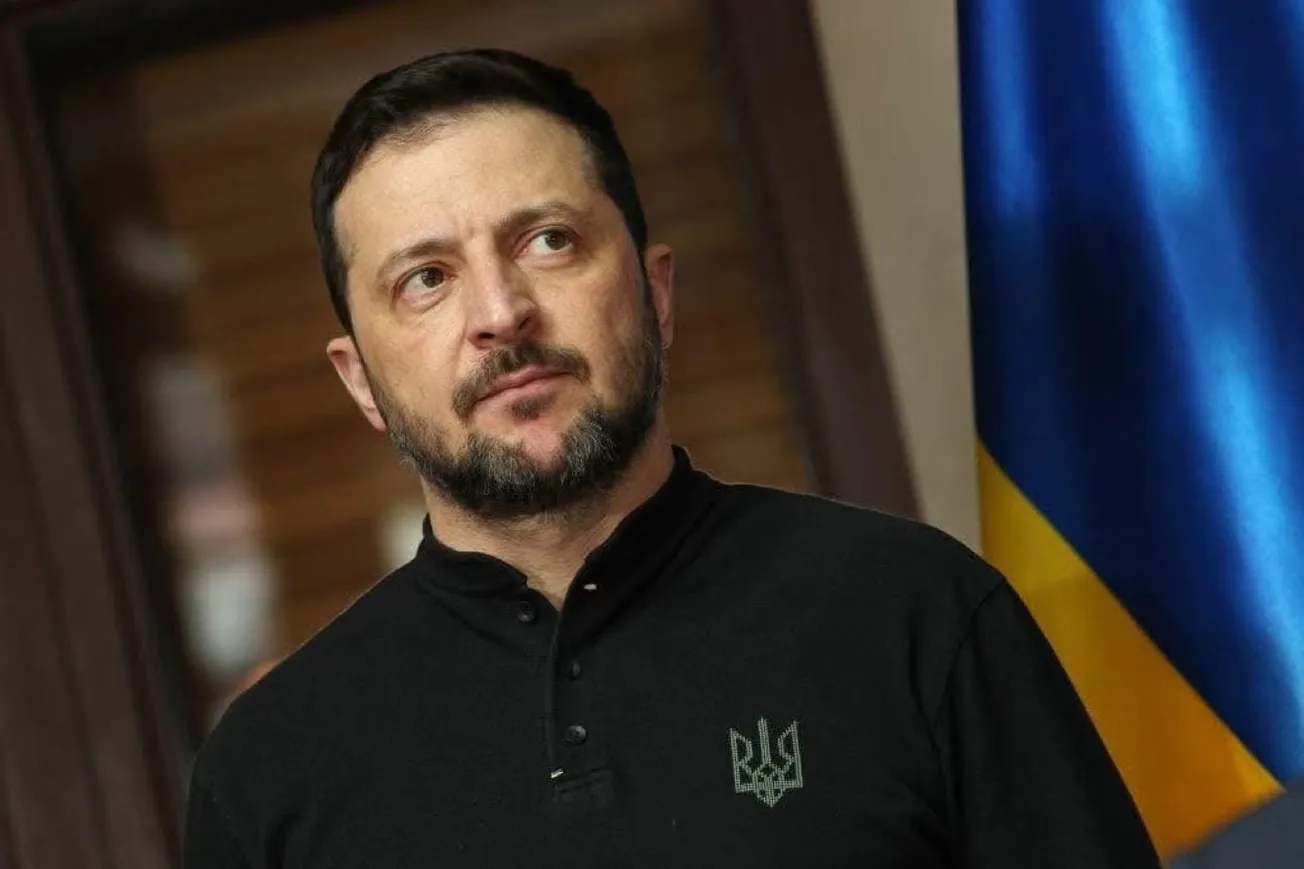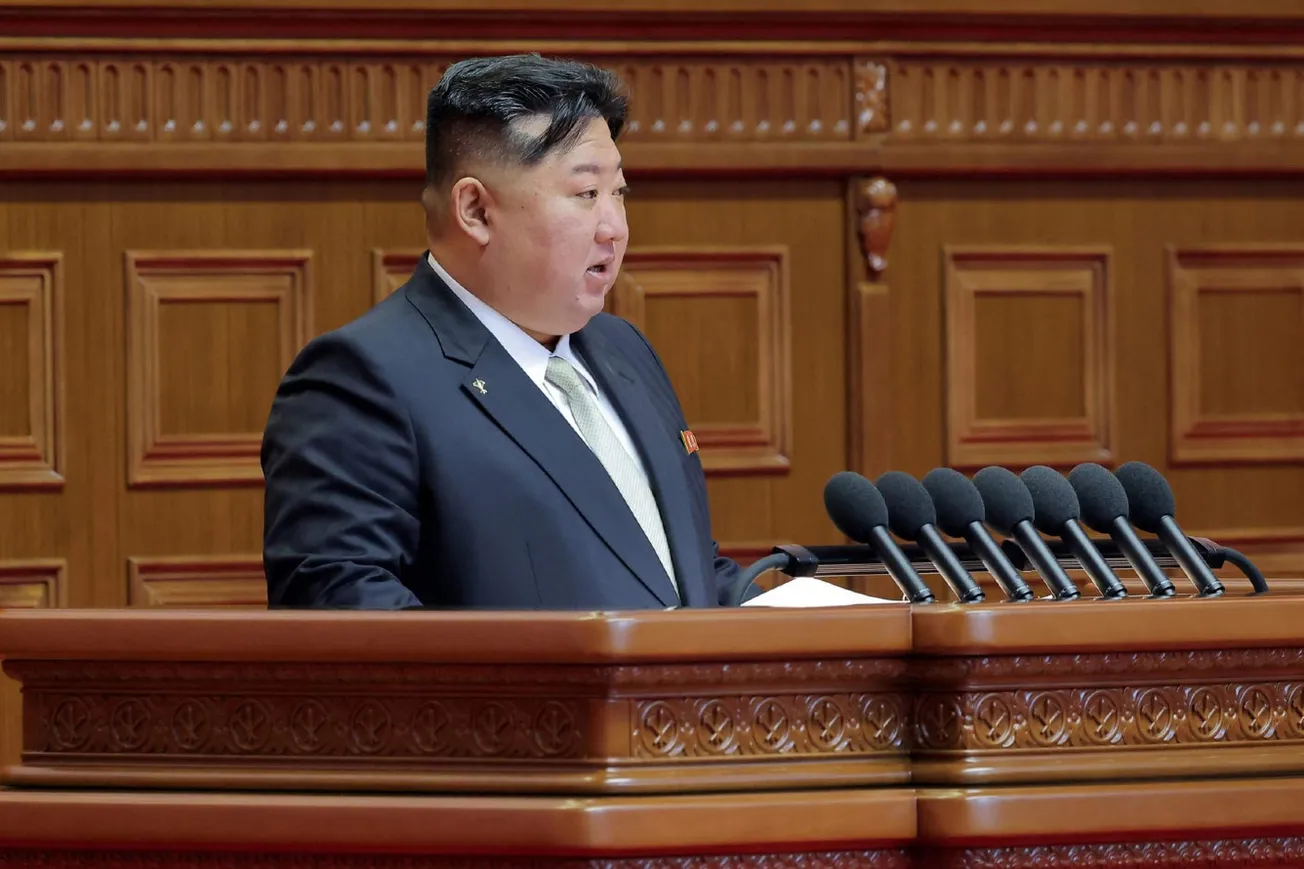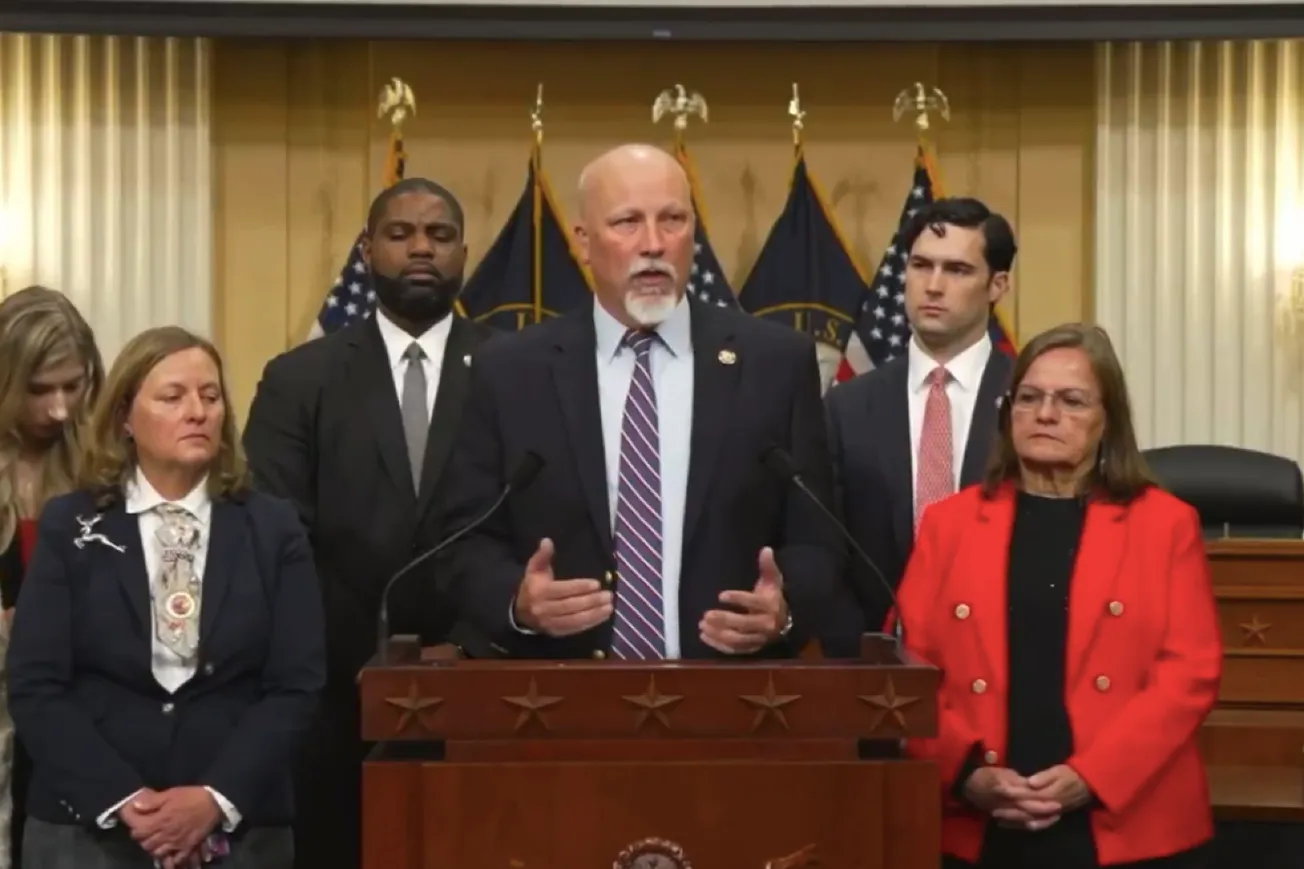With just three days to go before the election, foreign policy is again in the news. The New York Times published this ominous story on Friday's pages: Russia's Swift March Forward in Ukraine's East.
According to the newspaper, Russia made more territorial gains in October than in any month since July 2022. The paper of record made a remarkable admission that the Biden-Harris-GOP Uniparty strategy of spending over $200 billion on the Russia-Ukraine war has miserably failed, but not in as many words.
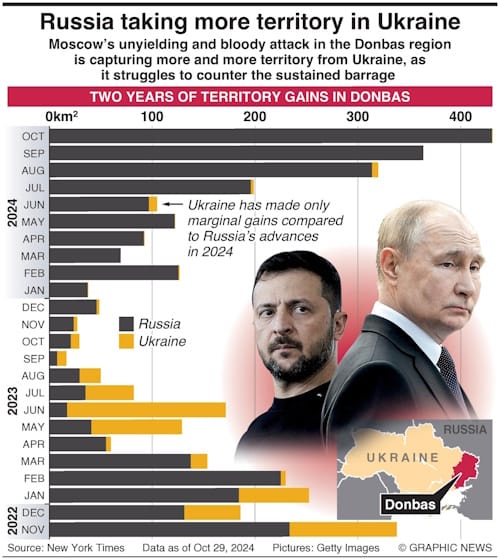
The mainstream media outlets have never once questioned Harris about her failed policies abroad other than doing lip service to the issue. Each time, they let her get away with standard speeches from the stump. If we had a chance, we would ask her:
You have consistently argued for more funding to defend Ukraine. What specific benefits have resulted to Ukraine as a result of America's investment? (No, no, no word salad here, please. Don't say things like you were protecting the rule of international law and a country's sovereignty.)
We know you ignored our request and repeated the international law line anyway. Let's step back a bit. Madam Vice President, would you please respond to our question with a simple yes or no? Think of it as a multiple-choice test.
Did you know that when Ukraine became independent in 1990, freeing itself from the Soviet Union, its Declaration of State Sovereignty of Ukraine, equivalent in stature to America's Declaration of Independence, explicitly promised that Ukraine would remain neutral and eschew any attempts to engage in security partnerships? (Y/N)
For over 25 years, Russia has prized Ukraine's neutral geopolitical status. Russia has argued that a buffer zone between Russia and NATO countries ensures security for all sides, especially for a country with deep-rooted ties to Russian culture and history (most people in Ukraine are bilingual in Russian). Do you agree that this was United States policy, too? (Y/N)
Did you know that it was under Bush 43 that America, in 2008, began to push for Ukraine to join NATO, but France and Germany rebuked the idea? (Y/N)
Not to be outdone, your mentor, President Obama, continued to press for Ukraine to join the military alliance. Did you know that on June 3, 2010, under the leadership of then-President Viktor Yanukovich, the Ukrainian Parliament approved a bill barring the country from joining NATO and returning the nation to its professed goals in its Declaration of State Sovereignty? (Y/N)
Did you know that the Obama State Department and CIA operatives, along with help from your now favorite GOP senator, John McCain, openly supported the Kyiv Maidan Revolution, resulting in President Yanukovich's ouster and his fleeing to Moscow? The date was February 21, 2014. (Y/N)
Are you aware of what your friend in the Senate, Chris Murphy of Connecticut, said after the revolution? We will play the tape for you.
On February 25, 2014, Chris Murphy spoke to C-SPAN, where he was almost boastful about America's interference in a foreign country:
"I think it was our role, including sanctions and threats of sanctions, that forced, in part, Yanukovych from office." He went on: "If, ultimately, this is a peaceful transition to a new government in Ukraine, it will be the United States on the streets of Ukraine who will be seen as a great friend in helping make that transition happen." (Y/N)
Did you know Petro Poroshenko, a former businessman, became Ukraine's president on June 7, 2014, with significant American support? Six months later, Poroshenko pushed through a vote in Parliament that abandoned the country's neutral "non-bloc" status and set a course for NATO membership, a move immediately denounced by Russia as "unfriendly." (Y/N)
Based on this history, do you agree that Moscow has always considered NATO expansion into Ukraine as an existential threat to Russia? One other point before you answer: Putin's position is similar to the one that the United States took under President JFK when the Soviets attempted to move nuclear weapons to Cuba, a Soviet client state. JFK then insisted that if those ships were to dock in Cuba, he would consider the move an act of war, and nuclear armageddon could ensue. (Y/N)
We have proved to you that arguing about international law is a two-edged sword. Regardless, we're now at a point where Ukraine is losing, and hundreds of thousands of lives have been lost. Millions have been displaced. The world has become more dangerous as we are rolling towards nuclear conflict.
Would you at least now concede that your policy has been a failure and, if elected, you will promise to start peace talks with Russia?
I'm sorry, Madam Vice President. Please don't respond with a word salad. Yes, we got it. We know you're not going to change your approach.
Thanks for your time.

